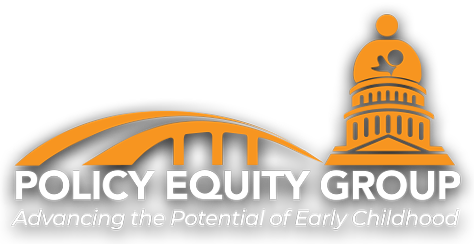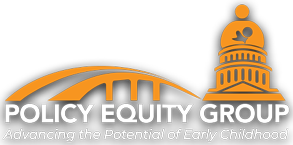Who We Are
Perhaps the best advice we received when starting our organization was: “You have to know your why.” Everyone should have a core story that drives them. We wanted to share ours.
Hannah Paul
Like many children, my early years were spent amidst a patchwork of care arrangements. At the time, I didn’t fully understand how critical this network of caregivers was to me or my mother as she navigated working full-time and solo parenting. I realize now how fragile things were—the tightrope act of work and caregiving so easily upset by an illness, an unexpected school closure, or a late night of work. My mother had difficult choices to make due to systems that failed to support her. I am forever grateful for her strength and flexibility, and for the community of caregivers that stepped in to fill the gaps.

Years later, fascinated by developmental psychology and the critical importance of early childhood experiences, I became a part of the community of early childhood educators that supports children and families. In my roles as assistant and lead teacher in both family child care and center-based settings, I experienced first-hand the great promise of what early care and education can achieve. However, I also witnessed the disparities that impede this promise: the stark inequities even among children in the same classroom, the innumerable challenges families face in accessing care, and the significant gap between the expectations placed on early educators and the supports available to them.
In parallel to my work in early childhood classrooms, my undergraduate and graduate studies helped me understand the structural injustices that affect marginalized communities. The same root causes driving the inequities in opportunity among my students and their families were also at play in the criminal justice, food, housing, health, and education systems. This awareness informed my master’s thesis, where I studied the many factors that negatively affect the well-being and retention of early childhood teachers, who are primarily women and disproportionately people of color. My experience in early and higher education classrooms affirmed my belief that the work of supporting children, the families and teachers who care for them, and our collective well-being is all interrelated, and any one goal cannot be achieved without the others.
Child development, family support, and early childhood workforce issues are subjects I am passionate about and well-versed in. As the community engagement coordinator at the Policy Equity Group, I channel this passion into actions that support families, educators, and the broader community.

